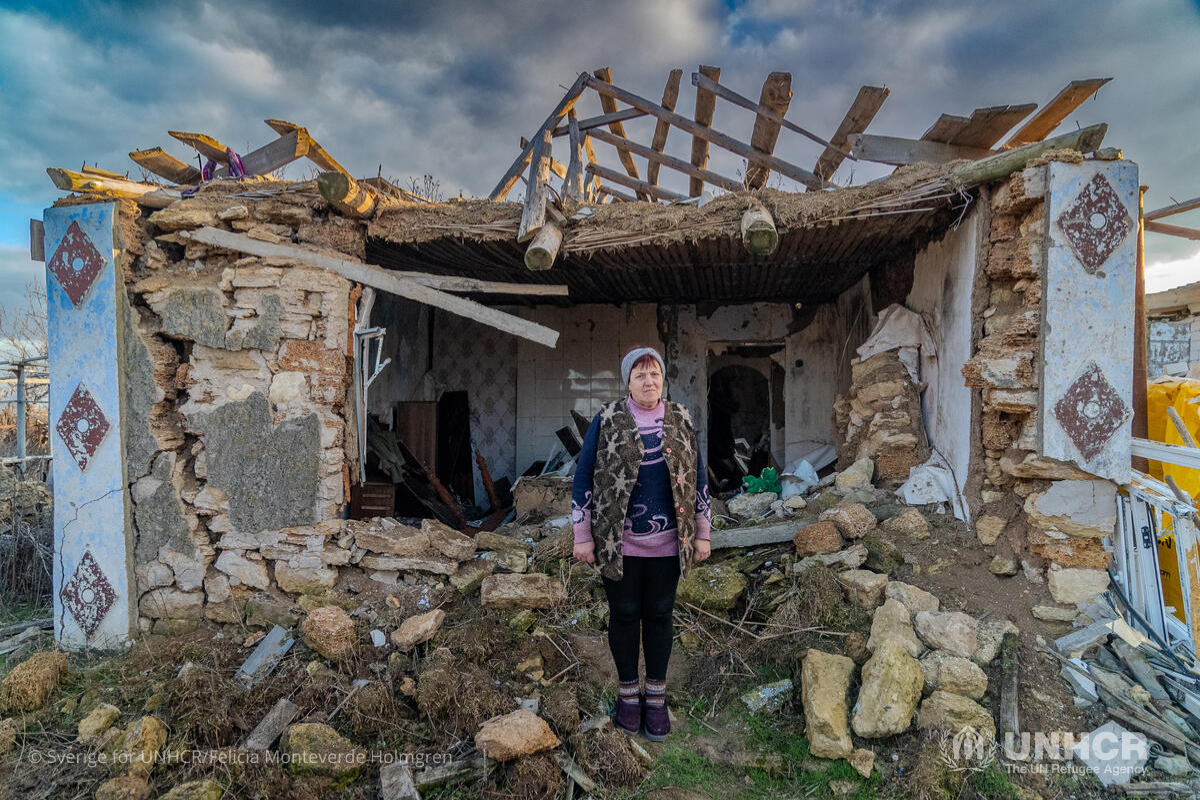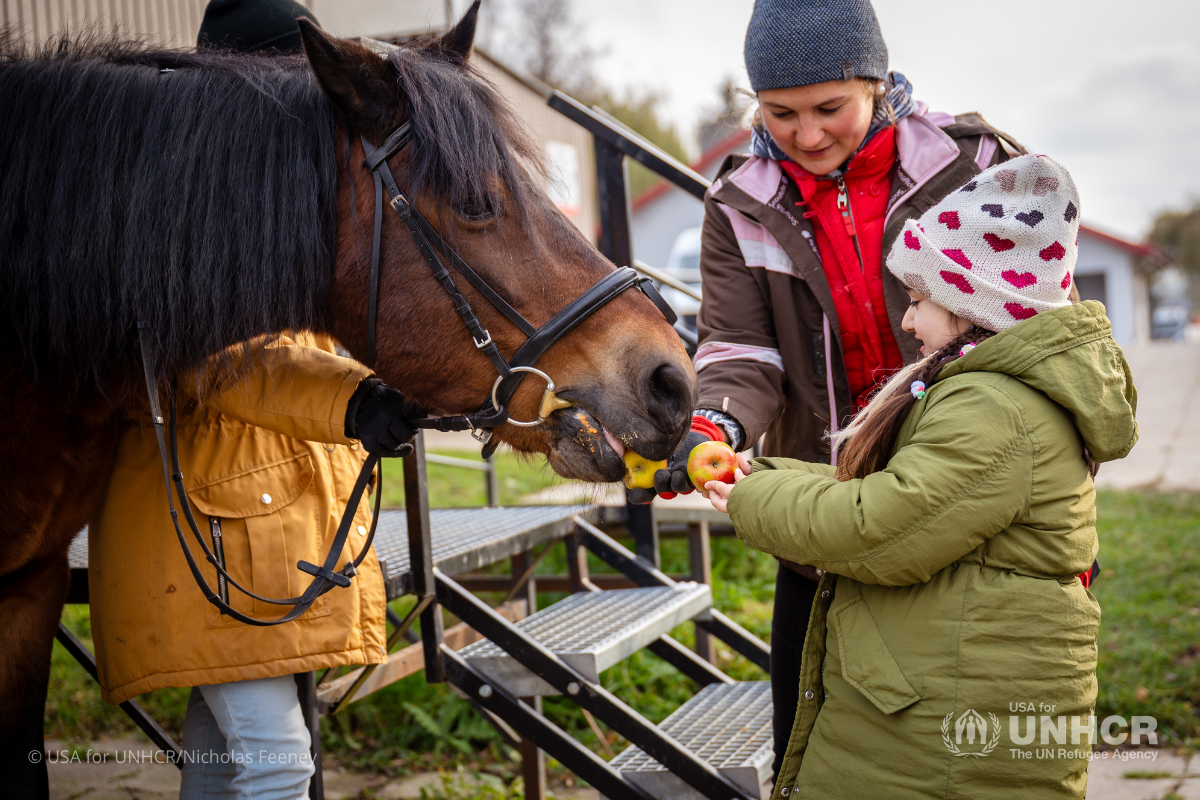Refugees rely on strong community bonds
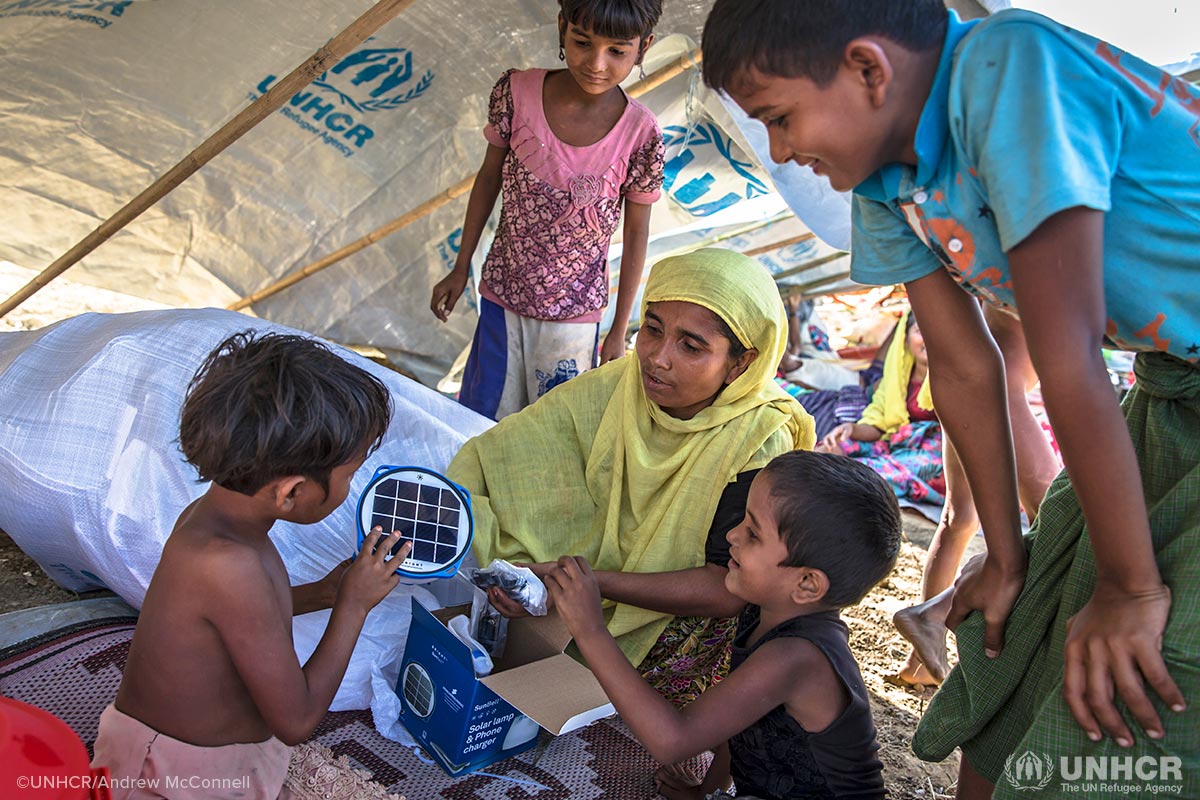
There’s no better example of the power of community bonds than Rohingya refugees in Bangladesh. Since August 2017, approximately 647,000 Rohingya - an ethnic minority in Myanmar - have fled violence and persecution at the hands of their country’s military. Despite the hardship and trauma endured, they’re relying on each other as they begin to rebuild their lives.
Amena
A soap factory in Nayapara refugee camp provides an opportunity for refugees to earn income, but it also serves as a safe space for women to meet, support each other and cope with the trauma they have endured. Amena, 33, and her fellow workers produce almost 1,500 bars of soap every day which are distributed to other women in the camp.
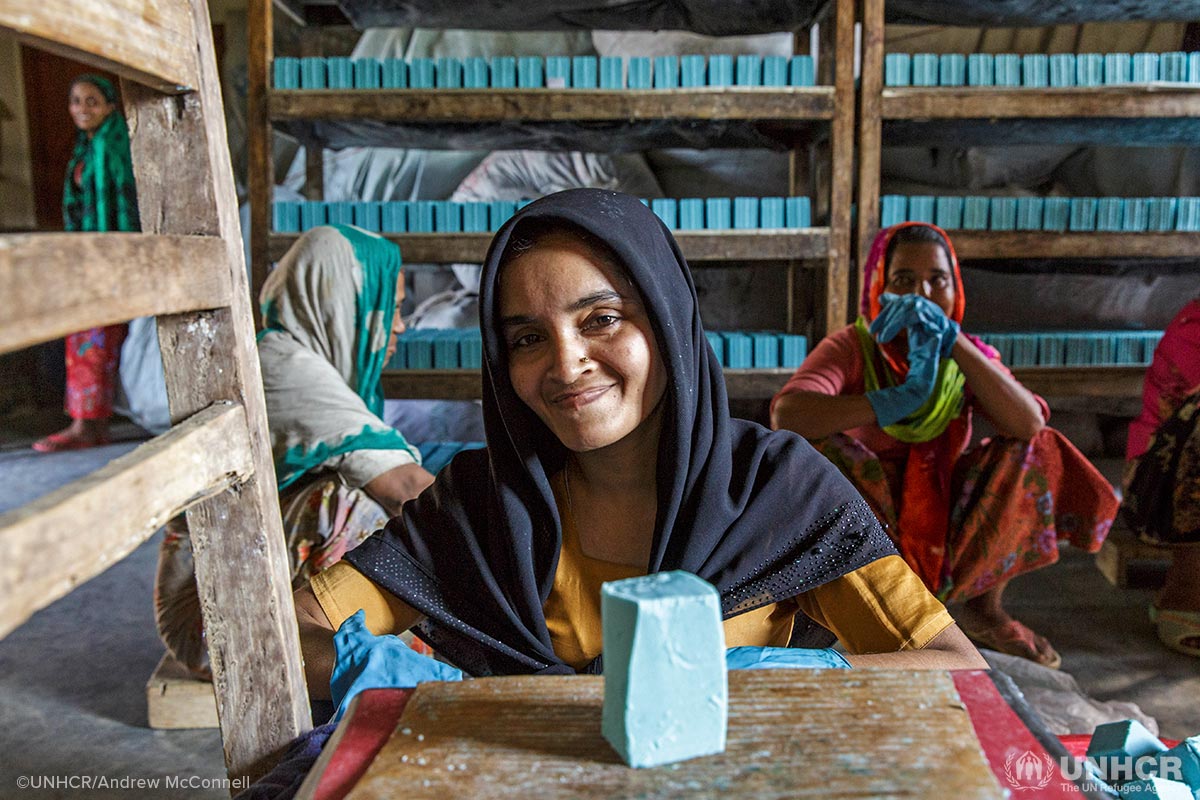
Sahar
Sahar, 18, who fled Myanmar alone after her mother, father and brother were burned alive, now lives in Kutupalong refugee camp. “I get so worried, but I feel there is help if I need it," says Sahar, who lives alone and is fearful of venturing out at night. Sahar and a neighbor, a widow with two children, keep each other company as they fetch water and wood, carry food and perform other daily tasks.
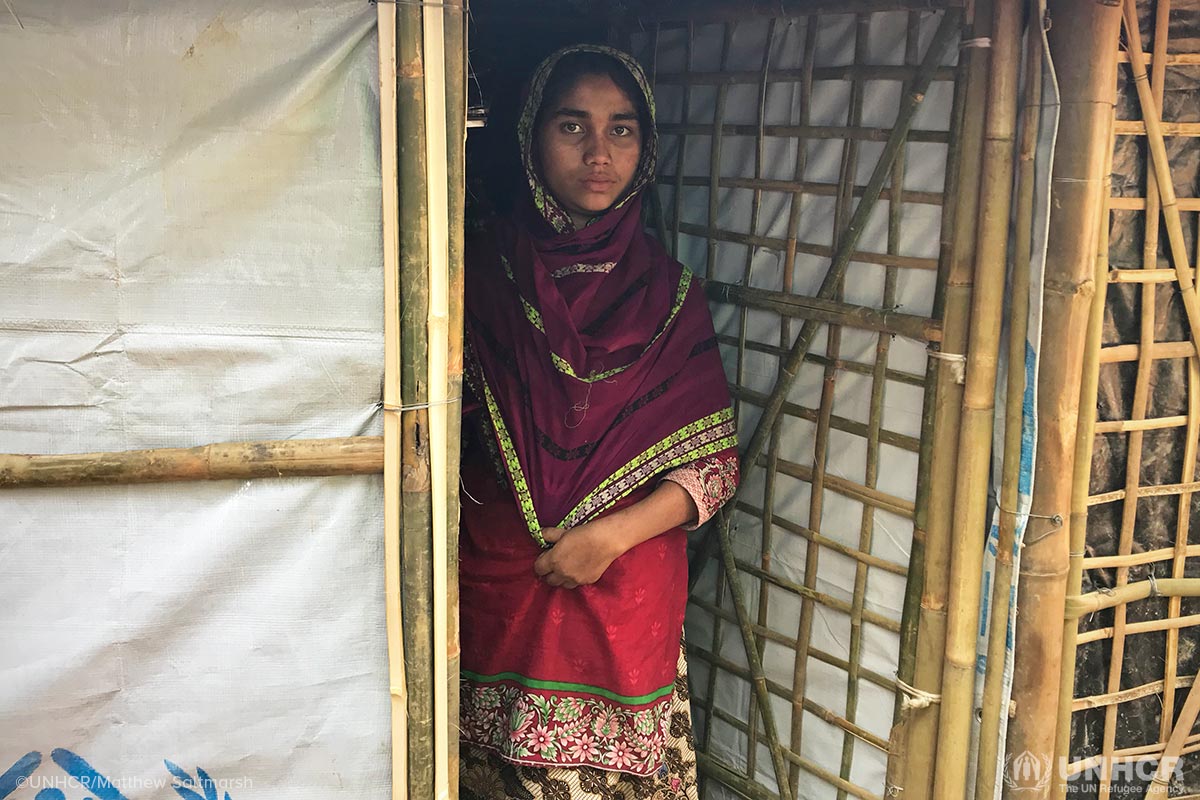
Najibullah
In Moynerghona refugee camp, Najibullah, 28, who was a hairdresser in Myanmar, borrowed money from a neighbor to open his barber shop, which has become a community gathering place.
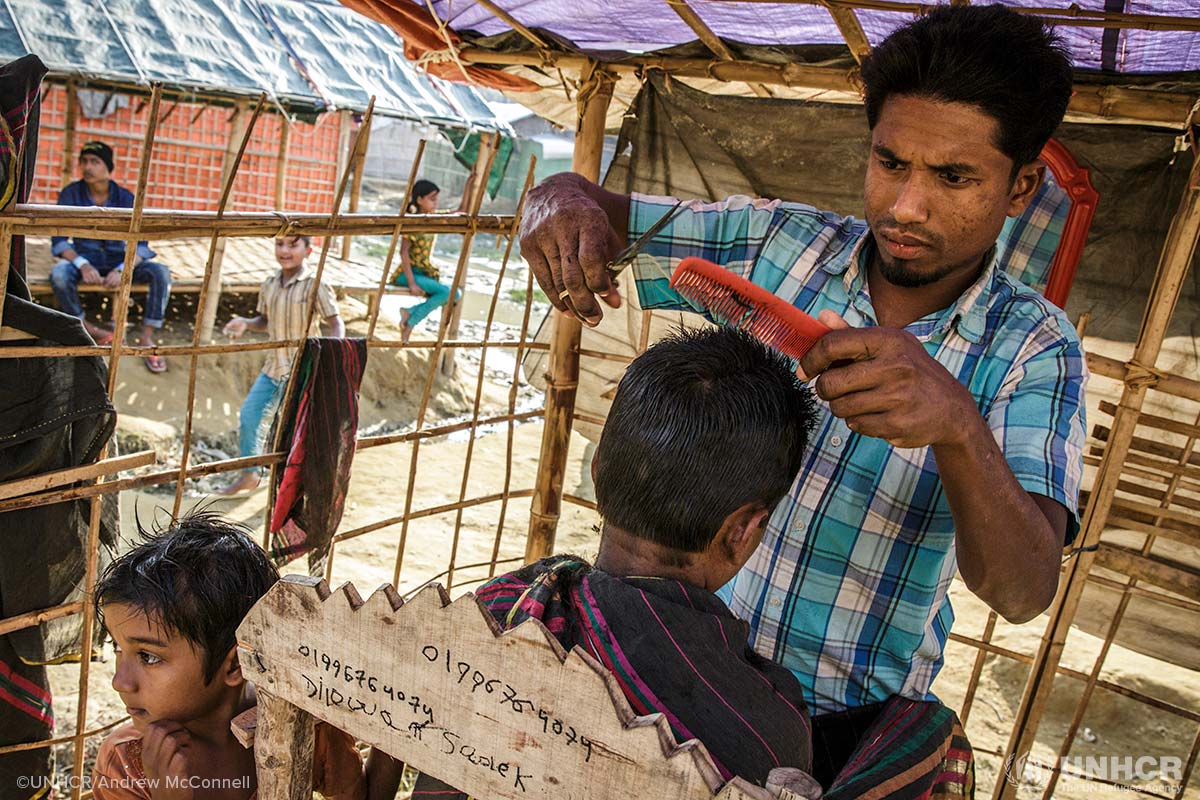
Caring Americans who support USA for UNHCR prove that bonds of community cross continents and oceans.
With the generosity of a global community of support, the UN Refugee Agency has redoubled efforts to help Rohingya refugees. As long as necessary, UNHCR will provide protection, food, clean water, shelter, health care and counseling.
Here’s how you can help…
Pledge to give monthly to USA for UNHCR — and show that, when a neighbor is in need, the bonds of community can cross oceans and continents. Your steady and strong support will bring healing, health and hope to our world’s most vulnerable people. Please make your gift today.
